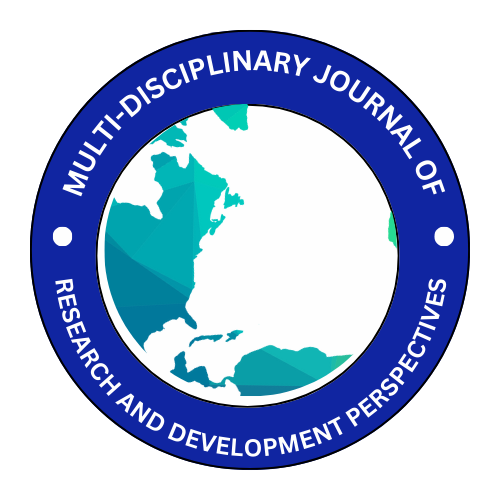Role of International Monetary Fund (IMF) and world bank in the education of developing nations
Author(s): Ndum, Victor Etim; Utam, Edward Unimke; Henshaw, Vera Ene
Institute(s): Institute of Public Policy and Administration, University of Calabar, Nigeria
Volume 12 / Issue 2
Abstract
The International Monetary Fund (IMF) and the World Bank work to foster international monetary cooperation, secure financial stability, facilitate international trade, promote high employment and sustainable economic growth, and reduce poverty around the world. Created in 1944, the IMF/World Bank is governed by and accountable to the 188 countries that make up its near-global membership. The IMF/World Bank are among the most heavily criticized international financial institutions in the world and have been accused of having negative and positive effects on education. This paper argues that IMF/World Bank, although fantastically adorned, philosophically enviable, are at the long run monstrously damaging frameworks designed by the so called developed world and meted on the developing nations. Their role in the education of the developing nations is examined. It was recommended amongst others that IMF/World Bank should resort into more proactive and sincere approach in undertaking their initiatives of lending, offering policy advice, and capacity building. This should be done without bias or intention to exploit and keep developing countries in a perpetual state of impoverishment and dependency.
Number of Pages: 14
Number of Words: 7842
First Page: 181
Last Page: 194
